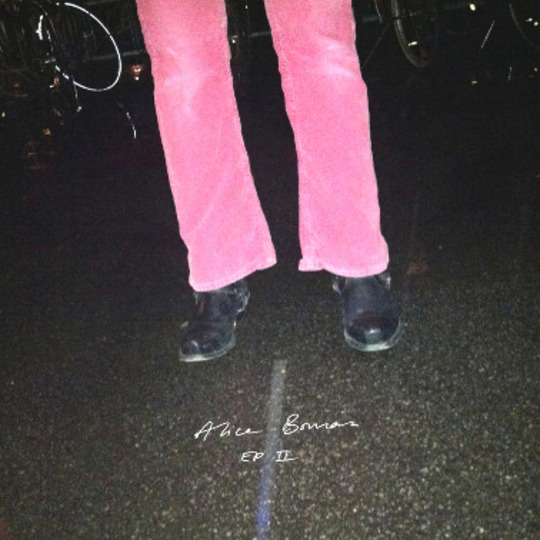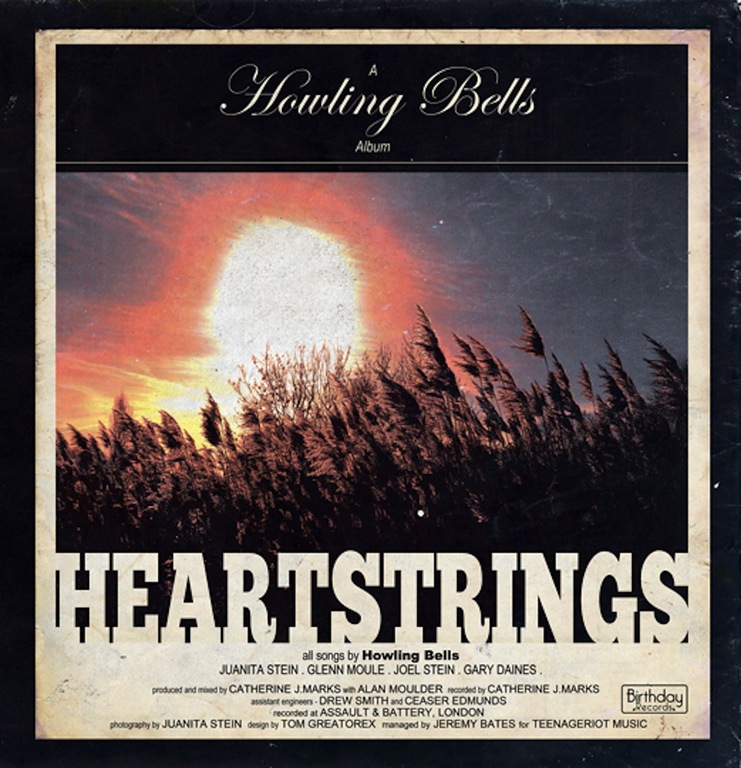Alice Boman has said she likes to let her music and lyrics speak for themselves. You can tell that by the way she titles her stuff. Last year’s debut EP Skisser (‘sketches’ in English) consisted of mainly untitled pieces (‘Skiss 3’, ‘Skiss 8’ etc) and this follow-up makes things even more oblique with the tabula rasa title of EP II.
Boman revels in a sort of anonymised fragility that has become familiar in music over recent years. Her first collection of songs was never intended to be released publicly. These are songs which evoke the vulnerability of artists like Perfume Genius: aching piano and a melancholy timbre; backed only by incidental sounds and ghostly guitar licks. She even recorded this EP in a cabin, Bon Iver stylee.
On the surface, these songs are chilly odes to sadness. But Boman's performance injects them with a shifting ambiguity, in spite of her own comments that she thinks there’s little to interpret in her 'simple' songs. In the lead single ‘What’, for example, her question “what do you see, when you look at me?” is addressed to an unknown recipient. Is it an unrequited love, or an uninspiring partner? Is she anxious about their evaluation or empowered by it? The tone could equally plausibly be damaged or defiant. It asks the secondary question: what do you hear?
If there’s a running theme through the six tracks, it’s a fixation on the act of looking at someone, and the uncertain effects it has on both the observer and the observed. At least half of these songs are open meditations on the subject, and the reflections add to the EP’s compelling atmosphere of uncertainty, even as the music sticks to its dark, narrow corridors.
Having said this – the music has expanded in its vision and execution since the home recordings of Skisser. The tone is identical, but songs like ‘Burns’ suddenly bloom into deep, rich colours of horns and bass notes, pushing the music into new climaxes of different moods. Nothing of this magnitude was attempted on Skisser, and it adds a new source of intrigue to songs, especially to those which are outwardly the most straightforward.
There’s little ambiguity – however you spin it – to refrains like “it burns now you are gone. I am done”. But the explosion of semi-euphoria which accompanies the entrance of even more desperate lyrics acts as a Trojan horse for its content, and swirls the waters a bit. Boman’s greatest sleight of hand is her childlike voice; lacing her songs with a naivety which stings all the saltier when you get too close to her honesty.
At bottom, there’s nothing here quite as affecting as her show-stopping breakout ‘Waiting’ but it’s an incredibly promising step forward from secretive home recordings to collaborative performance. By adding broader musical dynamics and sharpening her lyrical fixations, EP II comes out as a more mature collection than her debut, even if a little less immediate. Boman may be wrong to play down the space for interpretation in her songs, but she is right to have faith in the music's ability to speak for itself.
-
7Russell Warfield's Score
-
8User Score






















